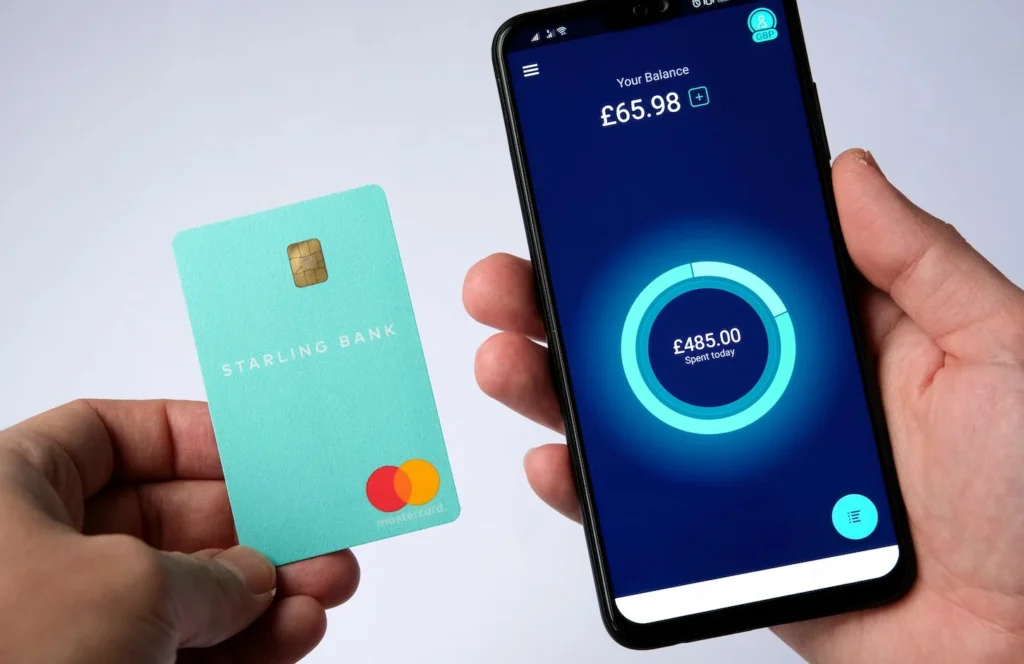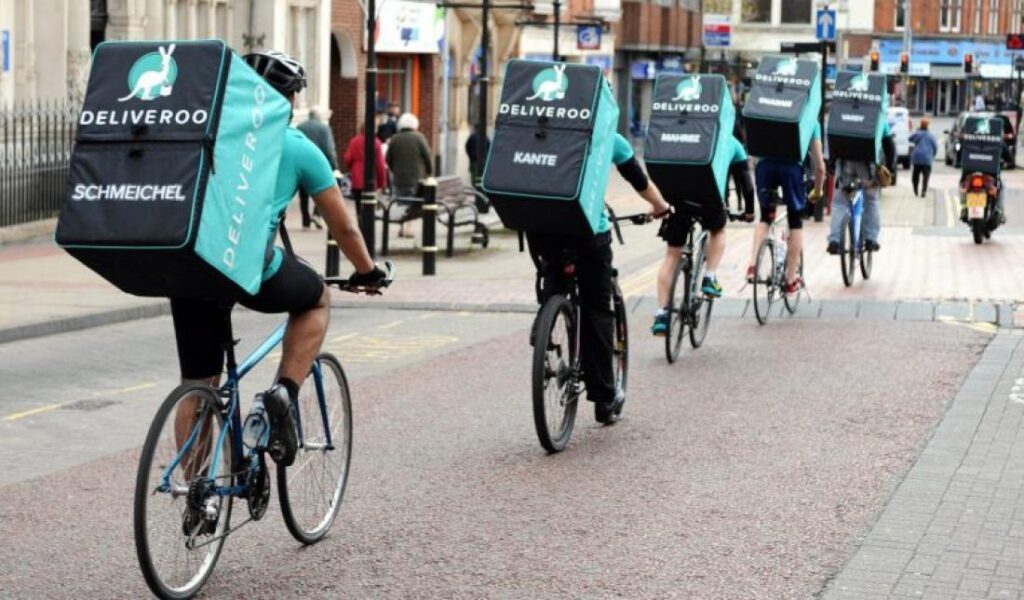The UK startup ecosystem has evolved dramatically over the last decade, and 2025 promises to be a pivotal year for entrepreneurs looking to establish their firms in a globally recognized innovation hub. Whether you’re a seasoned founder or launching your first venture, understanding the current landscape is crucial.
Why the UK remains a Top destination for Startups
Despite economic uncertainties and the lingering impact of Brexit, the UK remains one of the best places in the world to launch and scale a startup. A robust legal system, strong investor interest, and vibrant hubs like London, Manchester, and Edinburgh continue to make the UK a global startup magnet.
The UK is a great place for starting a startup because it’s a wealthy country with a strong economy, being part of the OECD high-income group and having a GNI per capita of $41,330.
It has a large population of 66,488,991, which means there’s a big market for products and lots of talented people to hire. The country ranks 8th globally with a Doing Business score of 83.5, a bit better than its 83.6 score in 2019, showing it’s easy to do business here. Plus, London, a major city, connects businesses to the world, making it easier to grow internationally.
- Starting a business is simple, with a rank of 18 and a score of 94.6. Getting electricity is very reliable, ranking 8th with a score of 96.9, up 0.5 from last year.
- Protecting investors is another plus, ranking 7th with a score of 84.0, so people feel safe putting money into businesses. Trading with other countries ranks 33rd with a score of 93.8, and sorting out business closures ranks 14th with a score of 80.3, both staying steady, which helps businesses expand and manage problems.
However, there are some challenges
- Paying taxes can be a bit tricky, ranking 27th with a score of 86.2, down 0.9 from last year. Also, enforcing contracts ranks 34th with a score of 68.7, meaning legal issues might take some effort. Still, with its strong economy and support for investors, the UK remains a top choice for new corporations despite these small issues.
Government support and entrepreneurial resources
Startup founders benefit from extensive government support, including investment schemes like Seed Enterprise Investment Scheme (SEIS) and Enterprise Investment Scheme (EIS), which offer tax reliefs and incentives for early-stage investors. These programs fuel seed-stage innovation and have proven especially effective in scaling up first-time founders. Recent reforms have increased the maximum amount a firm can raise from £150,000 to £250,000 and extended eligibility to companies up to three years old .
SEIS offers investors up to 50% income tax relief on investments up to £200,000 per year.
EIS provides 30% income tax relief on investments up to £1 million annually, or £2 million for knowledge-intensive companies
Innovate UK continues to drive funding for deep tech and green innovation. New programs rolled out in 2024 also provide regional accelerator grants and focused support for AI and climate startups.
This decentralization strategy, targeting regions like Wales, the Midlands, and Northern Ireland, is fostering growth across the UK and unlocking startup potential beyond London.
Key Startup Hubs and ecosystems in the UK
London remains the UK’s flagship startup city, offering unmatched exposure, capital access, and talent. Key sectors include fintech, AI, and digital media. However, steep operating costs and fierce competition require founders to be sharp, strategic, and network-savvy.
Manchester is now the UK’s second powerhouse, particularly strong in health tech, advanced manufacturing, and media. With top-tier universities and a lower cost of living, it’s ideal for early growth.
Birmingham, Edinburgh, and Bristol are fast gaining national and international traction:
- Birmingham leads in smart logistics and urban mobility.
- Edinburgh combines fintech heritage with AI research.
- Bristol excels in aerospace, robotics, and green technologies.
Matching your startup’s focus to the right ecosystem can significantly improve your chance of success.
Among the many standout startups, a few have made a name for themselves by redefining finance, food delivery, and digital banking. Let’s take a closer look at three such companies: Revolut, Deliveroo, and Monzo. Each is making waves with bold strategies and unique offerings.
- Revolut: The Financial Superapp

Founded in 2015, Revolut has rapidly evolved from a simple currency exchange platform into a comprehensive financial superapp. With a user base exceeding 50 million globally, the startup offers services ranging from multi-currency accounts and crypto trading to budgeting tools and international money transfers. In 2024, Revolut secured a UK banking license, marking a significant milestone in its expansion strategy. The organisation’s revenue surged to £3.1 billion, reflecting a 72% increase from the previous year, and it reported a pre-tax profit of £1 billion. Revolut’s commitment to innovation is evident in its continuous rollout of new features, aiming to consolidate various financial services into a single, user-friendly platform.
- Starling Bank

Starling Bank has emerged as one of the UK’s most successful fintech startups, redefining digital banking with a customer-centric approach. Founded in 2014 by Anne Boden, Starling became the first UK digital challenger bank to achieve profitability in 2020, distinguishing itself from competitors like Monzo and Revolut.
By 2024, Starling reported revenues of £682.2 million and a net income of £220 million, marking its third consecutive year of profitability. The bank has attracted over 3 million customers, including more than 460,000 business accounts, and has lent more than £1.8 billion to UK SMEs.
Starling’s commitment to innovation is evident in its launch of “Engine,” a banking-as-a-service platform aimed at licensing its technology to other financial institutions globally. The bank has also received multiple accolades, including Best British Bank awards from 2018 to 2021.
With a strong leadership team and a focus on scalable technology, Starling Bank continues to set benchmarks in the fintech industry, exemplifying how purpose-driven innovation can lead to sustainable growth.
- Monzo: A Bank Built for Everyone

Launched in 2015, Monzo has redefined digital banking in the UK with its customer-centric approach. The bank offers a range of services, including current accounts, savings, loans, and budgeting tools, all accessible through a user-friendly mobile app. Monzo’s tone of voice emphasizes clarity, warmth, and approachability, setting it apart in the financial sector. In 2024, Monzo introduced new subscription services—Monzo Extra, Monzo Perks, and Monzo Max—replacing its previous Plus and Premium plans. Additionally, the bank announced plans to launch Monzo Pensions, aiming to simplify retirement savings for its customers.
- Deliveroo: Delivering Quality

Established in 2013, Deliveroo has become a household name in the UK’s food delivery sector. The startup connects customers with a wide array of restaurants, offering swift and reliable delivery services. In 2024, Deliveroo reported its first annual net profit of £2.9 million, a significant turnaround from the previous year’s £31.8 million loss. This profitability was driven by increased consumer spending and strategic expansion into grocery and retail partnerships. Notably, Deliveroo is currently evaluating a £2.7 billion takeover offer from U.S. rival DoorDash, which could further reshape the food delivery landscape.






